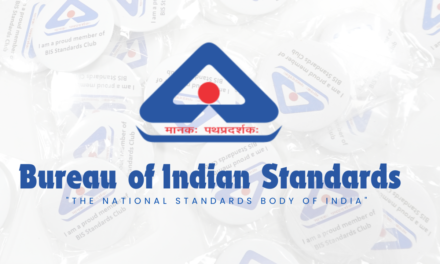What role do textile agents play in promoting sustainable practices and ethical sourcing within the industry?
Textile agents play a vital role in promoting sustainable practices and ethical sourcing within the textile industry by acting as intermediaries between manufacturers, suppliers, and buyers. Their contributions include:
- Sourcing Ethically Produced Materials:
Agents help brands and manufacturers source raw materials that are produced with ethical practices, such as organic cotton, recycled fibers, or fair trade-certified fabrics. They ensure that the materials used meet sustainability standards and comply with regulations like OEKO-TEX and GOTS. - Ensuring Fair Labor Practices:
Textile agents monitor and verify that suppliers comply with fair labor practices. They may work with factories that adhere to labor laws, provide fair wages, and maintain safe working conditions. By ensuring these standards, agents help reduce the exploitation of workers, especially in regions with lower labor standards. - Promoting Transparency and Traceability:
Agents are increasingly leveraging blockchain and digital platforms to ensure transparency and traceability in the supply chain. They track the origins of raw materials and the environmental impact of production processes, giving buyers confidence that their products are ethically sourced and sustainably produced. - Supporting Sustainable Production Processes:
Agents work with manufacturers who implement energy-efficient and water-saving technologies, as well as sustainable dyeing and finishing techniques. By facilitating the use of these processes, agents contribute to reducing the overall environmental footprint of textile production. - Encouraging Waste Reduction and Circular Economy:
Agents help promote practices that minimize textile waste by encouraging recycling, upcycling, and circular production. They may support manufacturers who repurpose offcuts, recycle post-consumer textiles, or create closed-loop systems where products are designed for longevity and can be easily recycled. - Advocating for Certification Programs:
Textile agents often guide manufacturers and buyers through the process of obtaining sustainable certifications such as Global Organic Textile Standard (GOTS), Fair Trade, and B Corp. These certifications help signal to consumers that the products meet high environmental and social standards. - Educating Stakeholders:
Agents act as educators, helping manufacturers and buyers understand the importance of sustainability and ethical sourcing. They provide valuable insights into best practices, market trends, and consumer demands, fostering a culture of sustainability within the supply chain. - Collaborating with NGOs and Advocacy Groups:
Agents may partner with non-governmental organizations (NGOs) and sustainability-focused advocacy groups to promote ethical production standards and raise awareness about social and environmental issues within the textile industry. - Influencing Consumer Demand:
Agents help manufacturers and brands tap into the growing consumer demand for sustainable products. They advise companies on how to meet the expectations of eco-conscious consumers, such as offering eco-friendly packaging or highlighting the sustainability of the product in marketing materials.
By performing these functions, textile agents play a key role in facilitating the shift towards a more sustainable and ethical textile industry, ensuring that both producers and consumers prioritize social responsibility, environmental stewardship, and transparency in their supply chain decisions.







